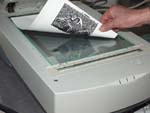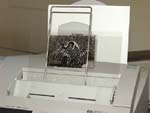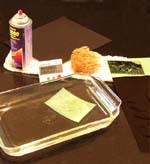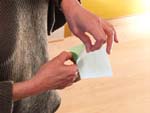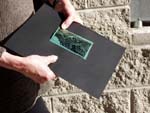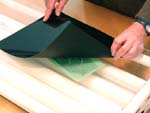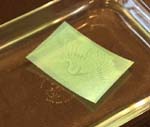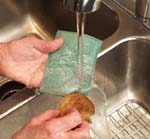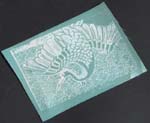 |
|
| Orders shipped throughout United States only. | |
|
Create Art Screen Stencils
| ||||||||||||||||||||||||||||||||||||||||||||||||||||||||||||||||||||||||||||||||||
|
Classes
•
Order Art Screens
•
Workshop on CD
•
Image Library
•
Supplies
•
Tips
| |
| go to top | |
 | |
